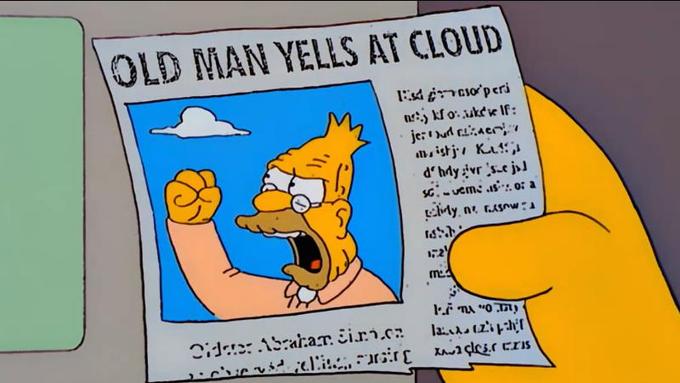- Joined
- Oct 24, 2010
- Messages
- 3,509
- Reaction score
- 6,355
No.
Terrorism has a very specific definition: the use or threat of violence, for the purpose of instilling fear to promote a political end.
Words have meaning. You can’t just make up words, or make up definitions for existing words to suit your argument of the moment.
There you go again. The term “assault rifle” has a specific definition: a select-fire weapon chambered in an intermediate cartridge.
A semi-automatic rifle is not an “assault rifle”.
And again.
The definition of a WMD is a nuclear, biological, or chemical weapon. This term has been in use for many decades and is the foundation of a number of international treaties, not to mention the US strategic policy concerning use of our own WMDs.
Since ‘round about the time the Patriot Act was passed, in order to aid prosecutors, the term WMD has been inserted in some laws for emotional effect and to enhance sentences.
Just a day or two ago some stupid air traffic controller was charged with making a WMD because he had a pipe bomb. So, while I’ll acknowlwdge that you’re not necesssrily alone in your misuse of the term, the company you keep in your misuse of the term isn’t very flattering.
A pipe bomb is not a WMD. Neither is any gun.
You’re still making arguments that have been responded to multiple times already in this thread.
Twice already I’ve responded to your comment about personally owning nuclear weapons, and agreed that you can’t do so, that the Constitution doesn’t protect any such right, and laid out a specific rationale for why not, and why rifles are different.
Why on earth would you write
You don’t know any such thing; indeed I’ve written the very opposite in this very thread.
What exactly is your purpose in this discussion if you don’t even read or respond to the things people actually write?
So your argument is that since my use of terms such as “terrorism, WMD, and assault rifle” are wrong, there can never be an argument for banning “scary guns”?
“scary gun”- A gun that can kill a lot of people in one setting. A gun that I would consider a WMD. An assault rifle and yes a semi-automatic.
I see it’s either all or none with you folks! I’ll take my chances in Chicago any day vs rural town USA.


